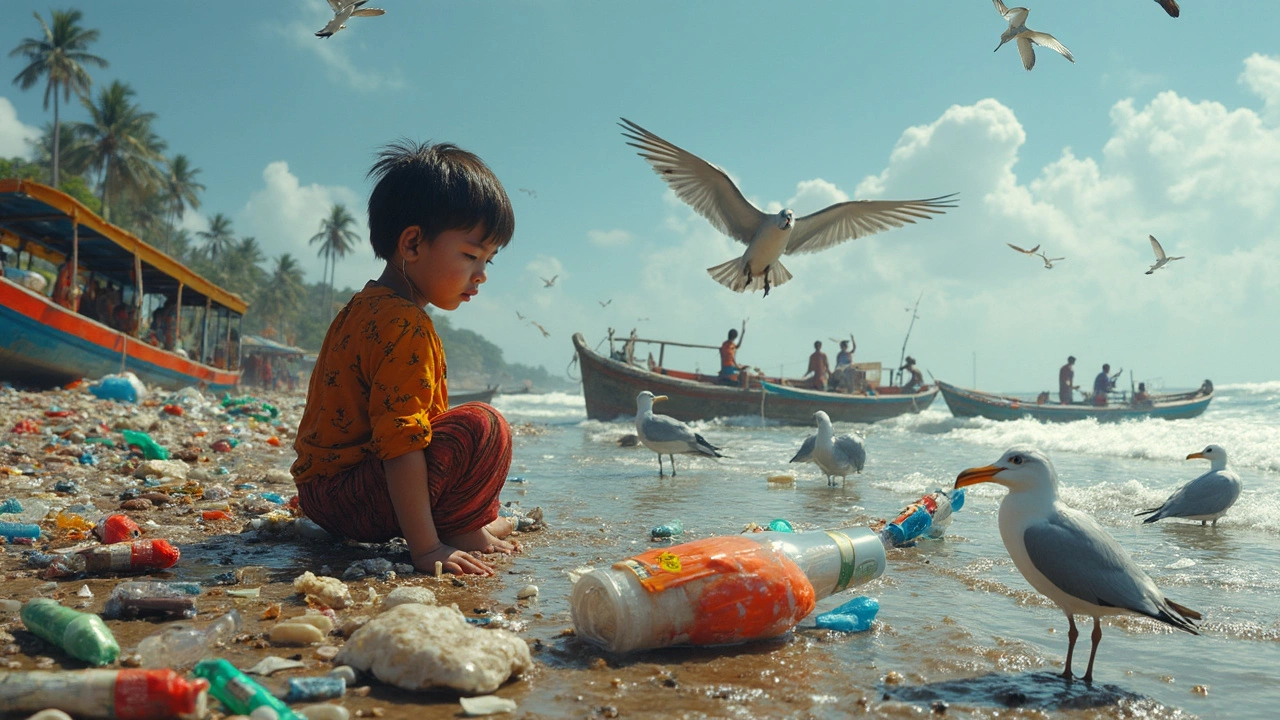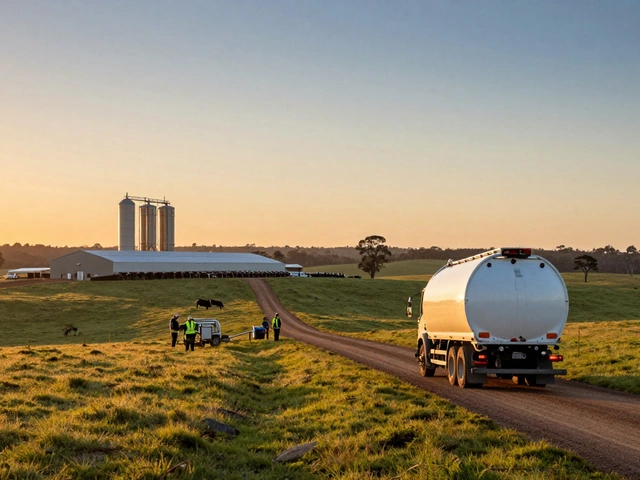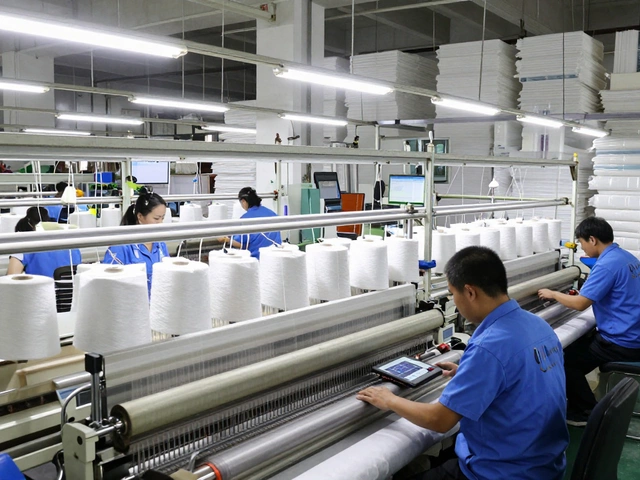Marine Debris: What It Is and Why It Matters
Every day, trash ends up in the sea. Bottles, fishing nets, micro‑plastics and even old tires float around, breaking down slowly and choking marine life. When the debris builds up, it harms fish, birds and the whole ecosystem that supports us. The problem isn’t just distant – the plastic you see on a beach could have come from a city landfill just a few miles away.
Understanding marine debris is the first step to fixing it. It isn’t only about visible junk; invisible particles called micro‑plastics are everywhere, even in the water we drink. These tiny pieces can enter the food chain and affect human health. So the issue touches everyone, not just the fishermen or coastal towns.
How Industries Contribute and What They Can Change
Manufacturers play a big role. Packaging, single‑use products and poorly managed waste often become the source of marine debris. But the same factories can become part of the solution by adopting better waste‑management practices. Simple actions like redesigning packaging for reuse, switching to biodegradable materials, and installing proper collection systems can cut the amount of trash that leaves a plant.
Many companies are already testing circular‑economy models. Instead of throwing away leftover material, they turn it into new products. This not only reduces waste but also saves money. If you’re in manufacturing, look for local partners who specialize in recycling plastics or creating compostable alternatives. Small changes add up quickly.
Practical Steps You Can Take Today
Even if you’re not a factory owner, you can make a difference. Start by refusing single‑use items like plastic bags and bottles. Choose reusable containers, and support brands that use minimal packaging. When you’re at the beach or near a waterway, pick up any litter you see – it’s a quick win that prevents trash from entering the ocean.
Another powerful move is to push for better local policies. Write to your city council and ask for more recycling bins, stricter rules on industrial discharge, and incentives for companies that go green. Community clean‑up events are also great ways to meet like‑minded people and see the impact of collective effort.
Remember, marine debris isn’t a problem that can be solved overnight, but every action counts. By understanding the issue, supporting responsible manufacturers, and changing daily habits, you help protect the ocean for future generations.
Who’s Really Dumping Plastic in the Ocean? Shocking Facts and How It Happens
Ever wondered who’s actually behind all that plastic in the ocean? This deep dive uncovers which countries, industries, and everyday habits are dumping plastics, how it all adds up, and what you can do to stop it. Shocking facts, real examples, and smart tips you can use right away. Perfect for readers who want the truth about ocean plastic and actionable advice. Find out why your soda bottle might end up in the Pacific, even if you live nowhere near the sea.
Read More

